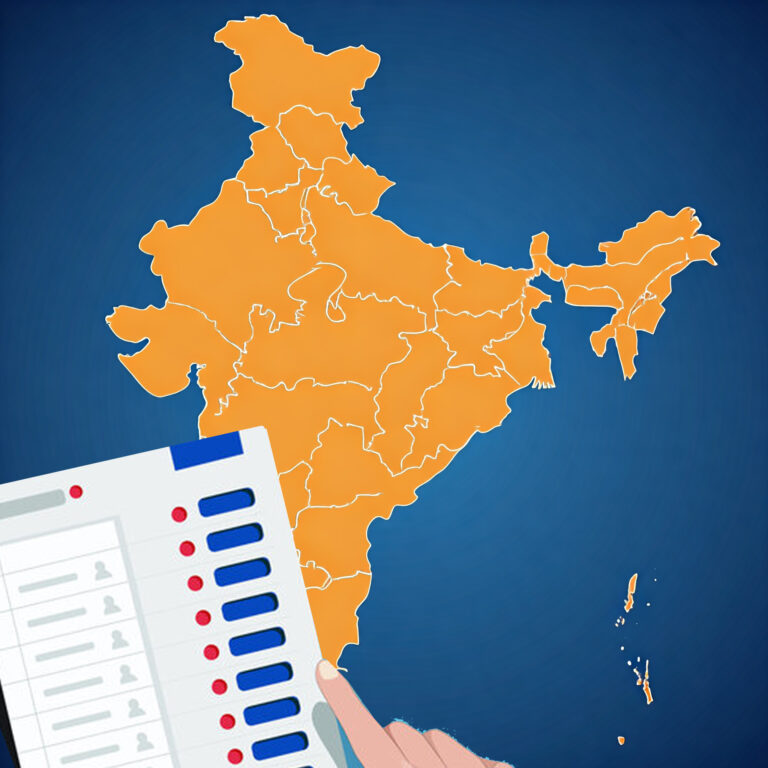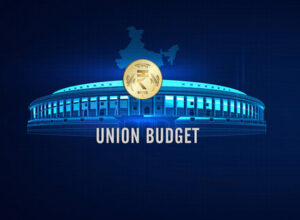The proposal of ‘One Nation, One Election’ (ONOE), approved recently by the Union Cabinet raises important questions on the encroachment on India’s federal polity. There is a reason why our Constitution makers had enlisted some separate powers to the states under the seventh schedule. ONOE virtually disregards these powers, proposes the hegemony of the Union, destroys the gains made in our evolving federalism over recent decades and brazenly violates Article 1 of the Constitution which states “India, that is, Bharat, is a Union of States”. It also disenfranchises our local self-government structure, formed by the 73rd and 74th Amendments, at its adolescent stage, reverses the limited gains made and snatches their voice.
The Constitution of India adopted a unique model of ‘federalism’, often referred to as ‘centralised federalism’ has uniquely evolved over the past seven decades, deepening democracy. Initially, India had a two-tier government, but since the 90s, a three-tier system has been in place, incorporating local self-government through Urban Local Bodies and Panchayats. The report on ONOE presses on the need for synchronization of all elections – State, Municipal, and Panchayats with the Lok Sabha elections. The suggested two-phase approach involves simultaneous elections for the House of People and State Legislative Assemblies, followed by Municipalities and Panchayats elections within 100 days. This is a disaster in making for India’s Federalism, which has been strengthened over the years.
According to the Association of Democratic Reforms (ADR), simultaneous elections for State Assemblies and the Lok Sabha have resulted in similar voting patterns, with major parties polling almost identical proportions of votes in 24 out of 31 instances since 1989. This suggests that the dominant national party at the Union level has an advantage in state elections as well. This highlights the potential influence of national parties on state-level elections when held concurrently with Lok Sabha elections.
Apart from these, there are two fresh reasons, based on the published HLC report, which points out that the federal spirit of our democratic process would be eclipsed.
First, it has a risk of making the State and local elections irrelevant, for national issues will tend to crowd out regional and local issues. Important issues in Assembly Elections gain national focus, through relentless media coverage, which gives the requisite perspective to people residing in other non-election-going states, about important regional issues, which may be similar to the issues in their own states. For instance, it is widely analysed that the Maratha agitation in Maharashtra for reservation is similar to the Patidar agitation for the same in Gujarat, and vice versa. Another instance is the Mhadei river conflict between Goa and Karnataka, which is played out in both states to varying degrees during state elections. Imagine, if these local issues are pushed to the periphery, by the high-decibel national issues, due to ONOE – who will lose out? The states.
And what would be the nature of discourse for the Municipal and Panchayat elections, if they are held simultaneously? No one will even speak about garbage disposal, pot-hole free roads or clean water! ONOE shall eventually also subsume the special Constitutional provisions of Autonomous Hill Development Councils/Development Councils in the Himalayan region states and the Northeast. This would be a travesty of decentralization.
Instead of putting the onus on the Prime Minister and the Union Council of Ministers who have started this new convention of vigorously campaigning in the state elections, thereby voluntarily losing time in developmental decision-making, the ONOE proposal sought to penalize the state government, regional parties and smaller local parties for they will be overshadowed by the high voltage national campaign.
Second, the HLC report proposes that in case a government is dissolved before completing its full term, a mid-term election should be held to establish a new government that will only serve for the remainder of the original term, not a full five-year term. This would often apply to states, which implies that the state will have to suffer the consequences simply because the Union wants a synchronized election. Moreover, it defeats the primary argument by the supporters of ONOE, that there would be lesser elections. We have witnessed in the recent past how the ruling party in the Union has used the lure of power, money, and threats of central investigative agencies to form their governments through the backdoor by dividing parties, particularly regional parties. Instead of reforming the Anti-Defection Law, of 1985, the ruling party is hell-bent on creating more such avenues to usurp power from a regional party, so that there is no mid-term election for a shorter period of term, in the state.
It is high time that our polity understands the depth and gravity of the ONOE proposal and rejects it to save the voice of India’s unique federal matrix.
Rachit Seth is the founder of ‘Policy Briefcase’. The views expressed are personal. He tweets at @rachitseth.





RECENT COMMENTS